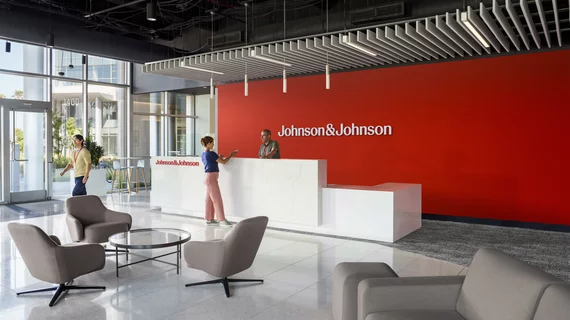Johnson & Johnson buys depression drug and its manufacturer for $15B
Pharmaceutical and biotech giant Johnson & Johnson has confirmed it intends to buy Intra-Cellular Therapies for $14.6 billion, sources familiar with the matter told Bloomberg.
Intra-Cellular Therapies is a drug developer that specializes in treatments for neurological and neuropsychiatric disorders. Its most popular product, Caplyta (lumateperone), has been approved by the U.S. Food & Drug Administration (FDA) for the treatment of bipolar disorder and bipolar depression in adults. It’s also used on patients who suffer from schizophrenia as an oral treatment of symptoms.
Under the terms of the deal, Johnson & Johnson will gain access to the drug and its associated patents. Intra-Cellular Therapies is currently seeking FDA approval for expanded use of the drug as a treatment for major depressive disorder.
Caplyta has only been available as a prescription remedy for some nine months but has already brought in more than $481 million in sales.
Under the terms of the acquisition, Johnson & Johnson will be buying Intra-Cellular Therapies for $132 per share. At time of writing, the company sits at $127 per share, up 32% in a single day after the news broke.
According to the Bloomberg report, Johnson & Johnson will make the purchase through a combination of cash and debt.
The deal has not been finalized and is subject to regulatory approval. It’s unclear when that may take place.

